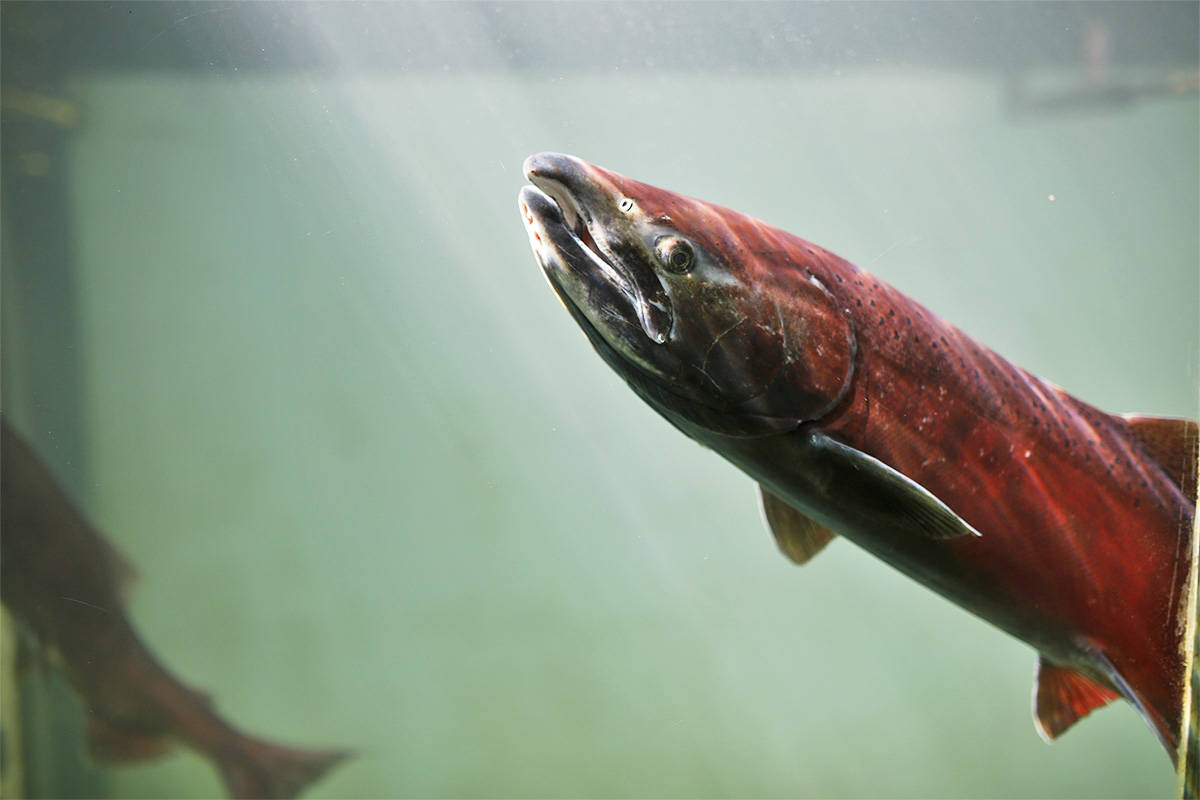It seems that at election time our candidates will do everything they can to show themselves as big proponents of our fisheries, posing as lovers of salmon, with pictures of themselves splashed across the media holding a king or coho, while touting our commercial and sport fishing industries. Yet once election season is over our amazing natural resources, our salmon especially, seem to be all but forgotten, slipping back into the far reaches of memory, taking a second seat to all other issues, a neglected priority. This is too bad, because as anyone who is aware of the history of once great fisheries around the world knows, ours are but a few of the last great remaining intact salmon runs. Cook Inlet-sized populations were once the norm throughout Europe, as were runs far into the 1800s along the Northeastern seaboard of the United States. Much more recently, over the last 50 years, 300 documented runs of wild salmon in the Pacific Northwest have met their demise, many of these during our lifetime.
With current changes, such as the very real prospect of Pebble Mine, and with the lifting of restrictions on the discharge of pollutants on both a state and federal level, there is no reason to believe this will not eventually be the case here in Alaska as well — that our salmon will not face the same fate as those around the world. We need to hold our politicians’ feet to the fire and demand that they adhere to what they say when running for office. Finally, stop just paying lip service to our salmon and adopt a “fish-first” policy.
Many of us who voted for our current governor believed what he said on the campaign trail, that he would champion our natural resources and our fisheries. This, however, has not come to pass, as we’ve seen with governor’s cuts to Fish and Game, as well as the open courting of Pebble Mine and the placing of Jason Brune, a former Pebble executive, as the head of DEC. The very department that oversees and will issue permits to Pebble.
Thankfully our Department of Fish and Game is funded in part through federal grants as well as proceeds from hunting and fishing license fees. Yet they still set their priorities based upon the man in the governor’s mansion. With the future of habitat permitting and the question of mixing zones, which might modify Alaska’s water quality standards in salmon streams, currently up in the air — as well as the imminent permitting of the Pebble Mine — there is reason for all who value our fish and wildlife resources, and the future of this amazing legacy, to be concerned. Here’s hoping the sportsmen and women who helped get him elected will pressure the governor to alter the path it appears we are currently on. Being open for business is one thing, courting industry is all well and good, but if it is at the expense of our last great remaining wild fishery — a sustainable, economic engine that will fuel our economy for untold generations — it is a shortsighted path to say the least. It is an immense disservice to the future of our great state, and to our children and grandchildren who we hope will inherit this land, a land of plenty — but only if we take care of it and don’t follow the same sorry path that so many around the world have taken.
Roger Sensabaugh, Kenai, and Bob Mires, Soldotna, are sport fisherman who want to see the fish, wildlife and Alaska environment preserved for future generations.
• Roger Sensabaugh, Kenai, and Bob Mires, Soldotna, are sport fisherman who want to see the fish, wildlife and Alaska environment preserved for future generations.

